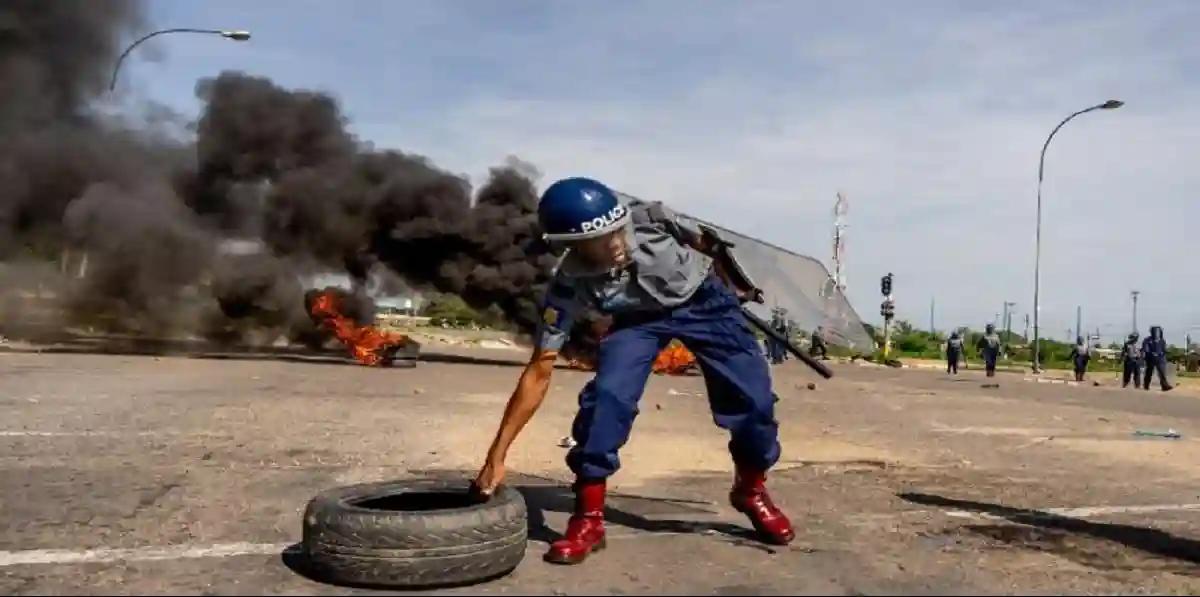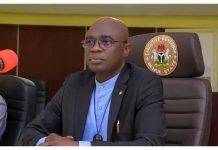Africa-Press – Zimbabwe. The State has dropped charges against Obert Masaraure, the president of the Amalgamated Rural Teachers Union of Zimbabwe (ARTUZ), for allegedly subverting a constitutionally elected government. These charges stemmed from nationwide demonstrations that took place in January 2019, following a hike in fuel prices by the government. Masaraure revealed on social media that the charges were dropped after he had already lost his job as a result. He expressed his frustration at having been subjected to torture and humiliation in front of his family. A post seen by Pindula News read:
The State has finally dropped charges of Subverting a constitutionally elected government emanating from the January 2019 protests against hiking of fuel prices. I lost my job because of this ridiculous charge. I was heavily tortured & humiliated in front of my family. Evil!
Others say Masaraure must sue the state for damages caused by the charges.
The January 2019 protests in Zimbabwe were marked by civil unrest and riots, which were met with a violent response from the government. Several people lost their lives during the protests, with varying reports suggesting that at least five individuals died from gunshot wounds and beatings by the police and military.
The protests were triggered by an acute shortage of vehicle fuel across the country, with long queues of cars waiting for fuel. The government claimed that the shortage was artificially created by saboteurs and criminals. On January 12, President Emmerson Mnangagwa announced a significant increase in fuel prices. This decision was met with criticism, as it was expected to lead to a rise in the prices of other products as well.
The demonstrations intensified, with barricades and looting reported in different parts of the country. The government responded by deploying the army and police to contain the protests. Reports of door-to-door raids, assaults, and arrests of young men circulated during this time.
The government also imposed an internet blackout, blocking access to social media platforms and websites. This move was met with widespread condemnation, and it was later revealed that the government had indeed ordered the shutdown.
Amidst the protests, Pastor Evan Mawarire, a prominent activist, was also arrested on charges of inciting public violence. The government continued to arrest and detain individuals associated with the protests, leading to concerns about the denial of justice and human rights violations.
Following these events, President Mnangagwa expressed a willingness to engage in dialogue with other leaders to address the crisis faced by Zimbabwe.
For More News And Analysis About Zimbabwe Follow Africa-Press






